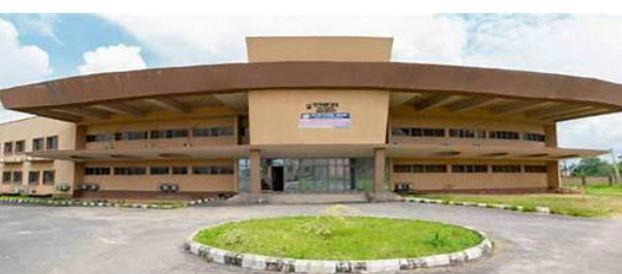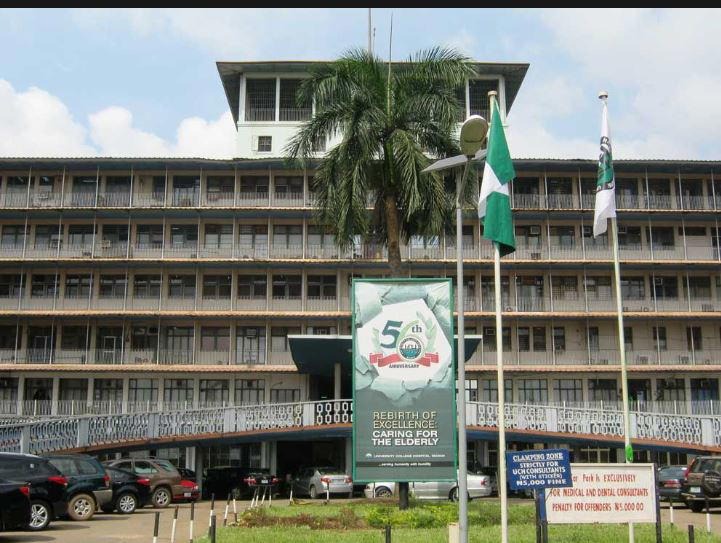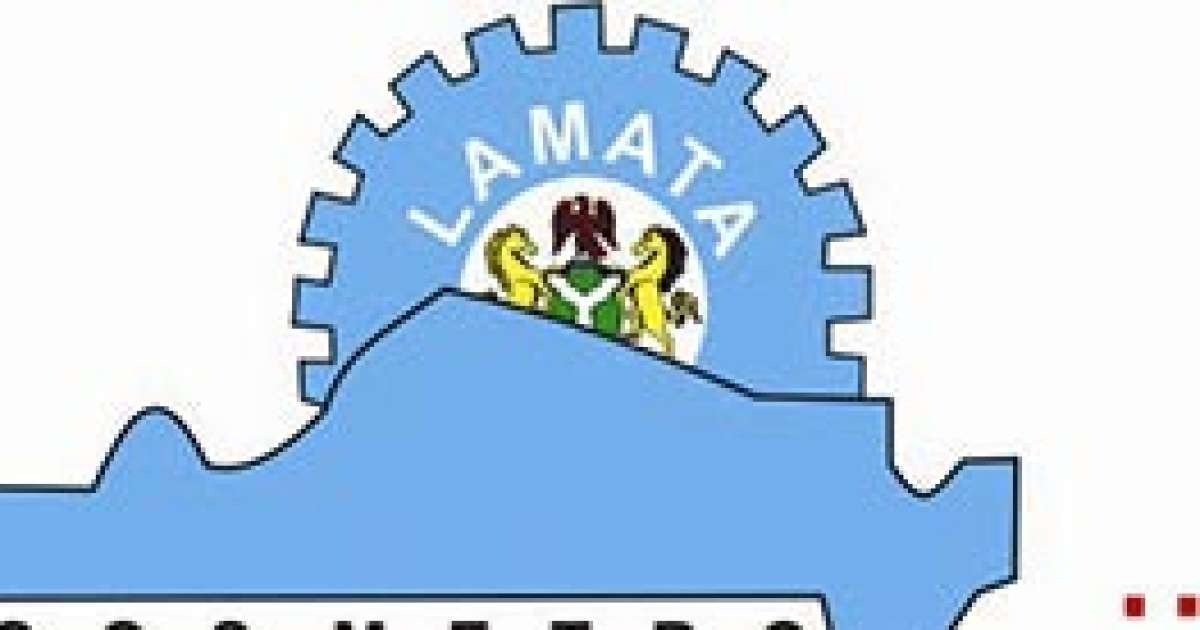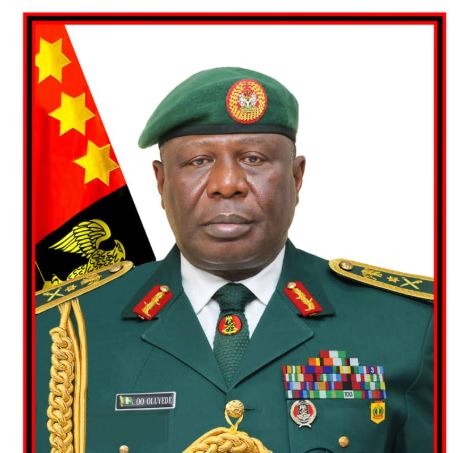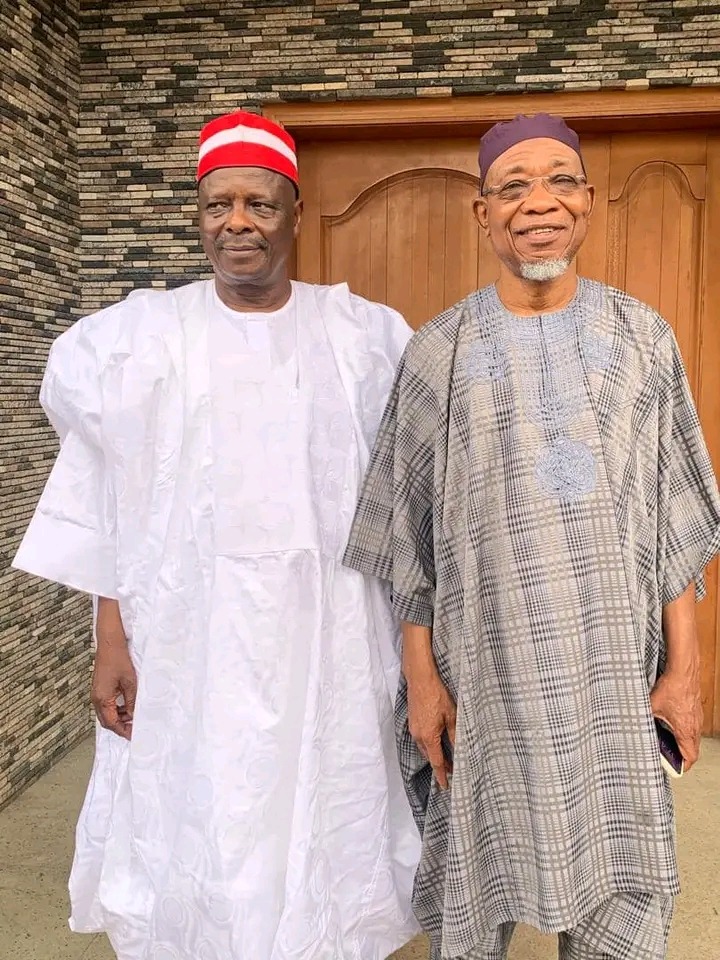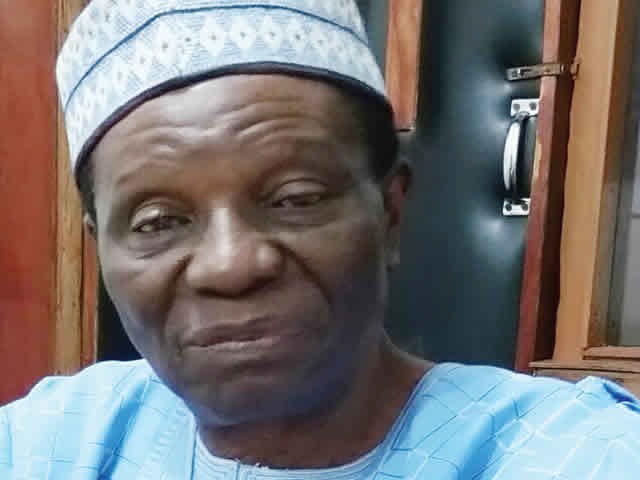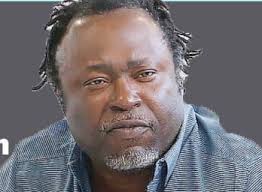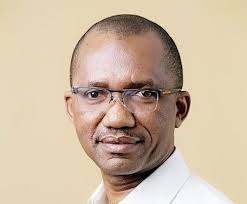IBADAN — TEN students of the Polytechnic Ibadan were yesterday rushed to Adeoyo State Hospital and the University College Hospital, UCH, in Ibadan after inhaling poisonous gas in the institution’s laboratory. Vanguard gathered that the affected students, who are from the Department of Science Laboratory Technology, were about to receive a lecture when a minor …
